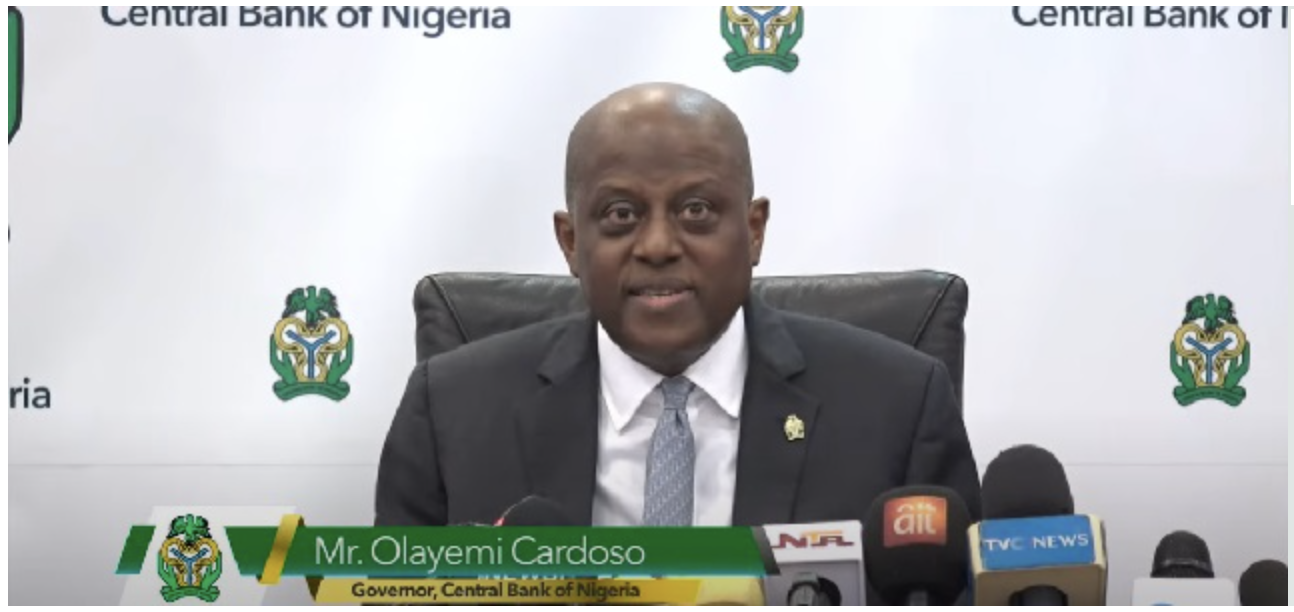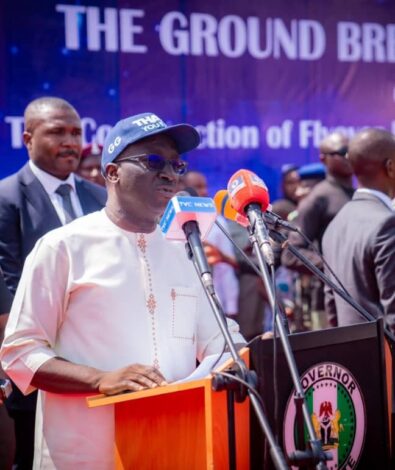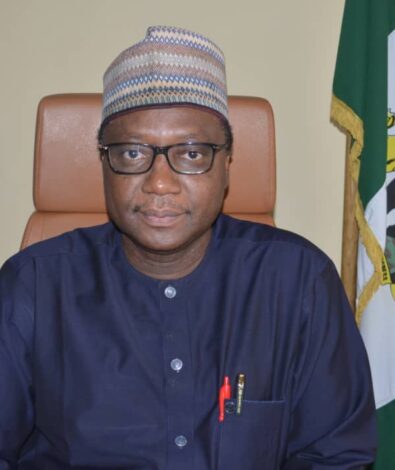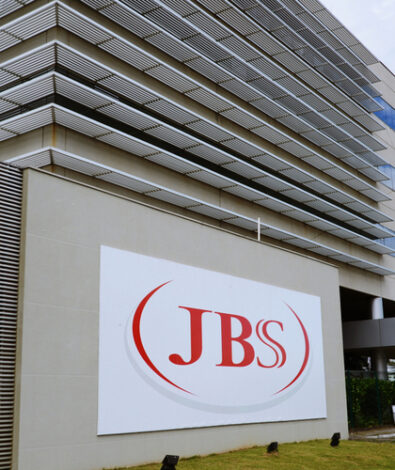Interest rate: Cardoso setting Nigeria on the right course, says World Bank

The World Bank has lauded the reforms led by the Central Bank Governor, Yemi Cardoso, noting that his monetary policies are steering the country in the right direction.
Indermit Gill, Senior Vice President of the World Bank Group, made this statement during the 30th Nigerian Economic Summit organized by the Nigerian Economic Summit Group on Monday in Abuja.
Gill commended the CBN governor for his approach to managing inflation, pointing out the 850 basis point increase in interest rates over nine months.
He emphasized that implementing such comprehensive reforms requires a strong commitment from the political leadership of the country.
“Implementing such a far-reaching reform is impossible without a solid political commitment from the top. The price of PMS has quadrupled since the subsidy cut, imposing terrible hardship across the breadth of Nigeria’s society.
“The Central Bank has had to hike its policy by a huge 850 basis point, almost 9 percentage points in the last month to boost confidence in the naira and anchor inflationary expectations.
“The Central Bank financing of fiscal deficit has finally ended, and Governor Cardoso has been putting Nigeria or helping to put Nigeria on the right course,” Gill said.
Nigeria must stay the course
Speaking further, the World Bank noted that Nigeria has to stay the course for there to be a meaningful return and reward on the lives of the citizens.
Gill said it will take the country at least 15 years before the policies begin to bear fruits and make Nigeria a global engine in the Sub-Saharan African region.
He added that this is how countries such as India, Poland, Norway and others achieve economic development and transformation.
“But this is only the beginning, Nigeria will need to stay the course for at least 10 to 17 years to transform its economy. If it does that, it will transform its economy.
“And it will become an engine of growth in Sub-Saharan Africa. And he will help to transform Sub-Saharan Africa. It’s very difficult to do these things, but the rewards are massive.
“This is the lesson from the last forty years as well as the experience of countries such as India, Poland, Korea and Norway,” Gill said.
What you should know
Nairametrics reported that as of July 2024, only 36.3% of Nigerian households supported raising interest rates as a measure to control inflation.
- The survey further showed that 50.6% of respondents favored a reduction in interest rates despite rising inflation, while 13.1% were undecided.
- This division highlights the challenge faced by the Central Bank of Nigeria’s (CBN) Monetary Policy Committee (MPC) in balancing inflation control with public demand for lower borrowing costs.
- Under Yemi Cardoso’s leadership, the CBN’s MPC has implemented five interest rate hikes. The initial increase raised the rate from 18.75% to 22.25%, followed by further hikes to 24.75%, 26.25%, and a 50 basis point increase to 26.75% in July 2024.
- Most recently, the MPC raised the rate by another 50 basis points, bringing it to 27.25%.
- These hikes, which total more than 800 basis points since Cardoso’s tenure began, are aimed at addressing Nigeria’s persistent inflation issues, particularly high core and food inflation.



